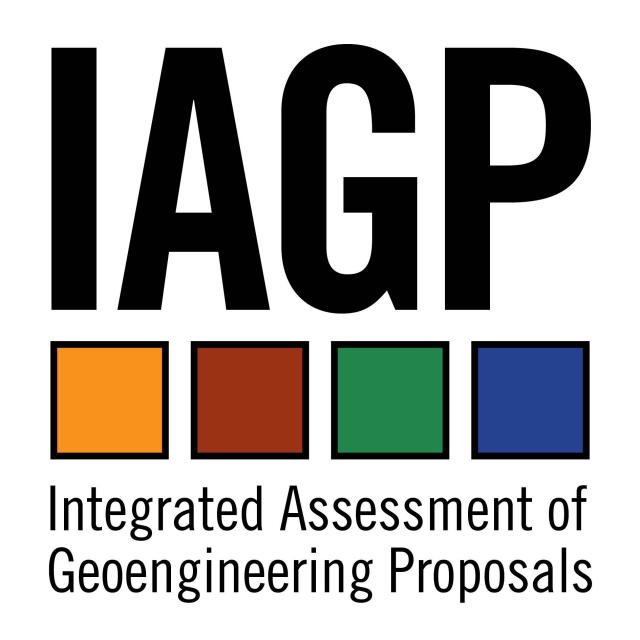You are hereMembers of the Public Deliberate Geoengineering - Press release from Cardiff University
Members of the Public Deliberate Geoengineering - Press release from Cardiff University
Press statement from IAGP researchers at Cardiff University
Over the past few years, there has been growing interest in – and concern about – proposals to use large-scale ‘geoengineering’ technologies to control the climate. IAGP is one of two projects funded by the Natural Environment Research Council (NERC) and the Engineering & Physical Sciences Research Council (EPSRC) that begin to answer some of the most important questions about geoengineering.
Integrated Assessment of Geoengineeing Proposals (IAGP) involves researchers from six Universities and the MET Office, including the Understanding Risk research group at Cardiff University. IAGP uses climate modelling, engineering calculations, stakeholder consultation and public engagement to develop criteria for assessing geoengineering proposals as they emerge. (Please browse the rest of this site for further details.)
A second project is focussed on exploring the feasibility of one possible geoengineering proposal – the use of small reflective particles that could be injected into the stratosphere to divert a certain amount of sunlight and manage the earth’s temperature. This project is called ‘SPICE’ – Stratospheric Particle Injection for Climate Engineering.
One element of the SPICE research project is to investigate the practicability of ‘injecting’ particles into the stratosphere – and so they proposed a small-scale test, using water particles and a 1km ‘pipe’ that could spray the water into the air. However, before making a final decision about whether this test should go ahead, the EPSRC's Funding Panel asked Cardiff University researchers from the IAGP project to hold public discussion groups to find out what members of the public thought about this idea. This position was further endorsed by EPSRC's Societal Issues Panel and one of the EPSRC's Scientific Advisory Committees both of which were briefed on the SPICE project.
The Cardiff IAGP researchers conducted three public discussion groups during February 2011 – one in Norwich, one in Cardiff and one in Nottingham. Each group contained 8-12 people, and met for 1.5 days. The groups explored perceptions of climate change and geoengineering on Day 1, and the proposed SPICE 1km test-bed on Day 2.
People had a wide range of concerns and questions about the proposed test – would it be safe? Who is accountable if things go wrong? What can we learn from a small-scale trial? Will this distract us from trying to reduce our carbon dioxide emissions? How will these technologies be governed?
Very few people were unconditionally positive about either the idea of geoengineering, or the proposed test. However, most were willing to entertain the notion that the test as a research opportunity should be pursued.
The results of the discussion groups were one of the factors used by the EPSRC to decide whether the test should go ahead – amongst other things they also ensured that a health & safety assessment was carried out, and relevant stakeholders were consulted.
A full copy of the report of the public discussion groups, and the recommendations made to the EPSRC's panel is available from the Understanding Risk website.
For further information contact Nick Pidgeon or Karen Parkhill.



